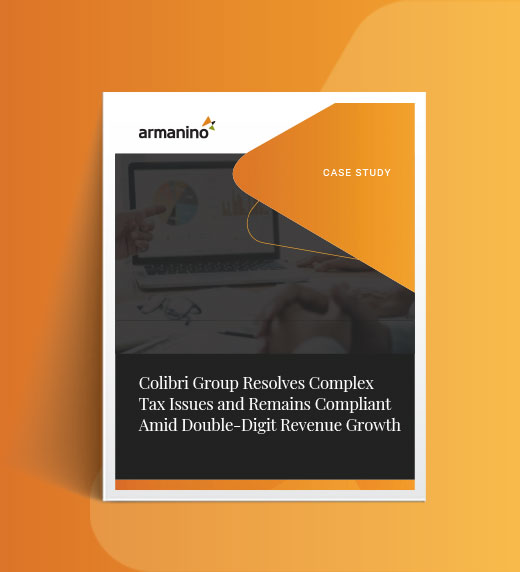Services

A strategic approach to state and local taxes (SALT) can help you reduce overall tax liability and enhance your financial position. Our SALT team brings a diversity of expertise and extraordinary experience to help you save money, going beyond compliance to ask the right questions and identify new tax saving opportunities.
Contact UsWhy SALT Matters
With thousands of different jurisdictions to track, the interplay between federal, state and local tax legislation can be extremely complex and difficult to manage. By partnering with highly knowledgeable state tax professionals who take a big-picture view of your situation, you can find the holistic tax solutions that work best for you.
Our Approach
Increasing responsibilities related to an expanding business or remote workforce can make compliance difficult. Our SALT experts help you understand the varying state and local tax requirements and fulfill your tax obligations.
From tax planning considerations at the forefront of an acquisition to disposition of entities, we help you anticipate and meet buyer and investor needs for a successful transaction.
Our SALT advisors can identify key tax concerns and nexus considerations, formulating customized solutions to support the expansion of your geographic footprint.
Find clarity and confidence in the financial statements you depend on to inform business decisions. Our deep expertise and breadth of knowledge help ensure you uncover the whole financial story, not just what’s on the surface.

At the state and local level, you need a professional who can answer your questions as they pertain to your specific jurisdiction, not to mention someone with an intimate understanding of the laws and requirements for your city and state. Our team of tax experts are uniquely qualified to address the intricacies and complexities of a wide range of SALT matters.
Among other credentials, we have bar-certified professionals (California, Connecticut, District of Columbia and New York), CPAs (California, Missouri and Georgia), CMIs (property and sales tax) and enrolled agents.
Services
Almost all businesses, whether they realize it or not, have the potential to generate unclaimed property through normal business operations. Without a proper understanding of the corresponding reporting requirement, unclaimed property can create significant liabilities in the form of penalties, interest and excessive utilization of company resources. Get expert help with review policies and an assessment of your current unclaimed property exposures and risk.
With tax legislation changing rapidly at national and local levels, you deserve a team of tax professionals who can assist you with all your business activity tax needs. Develop and implement a strategy that works to help you stay compliant with state and local tax requirements while minimizing your tax bill.
Federal, state and local credits and incentives are opportunities to reinvest in your company and, when properly leveraged, can offer significant savings. These government incentives are meant to encourage growth and innovation, especially within specific jurisdictions, and can be available retroactively for qualified businesses. Whether you’re looking to negotiate tax incentives or need to know what credits you can claim through expansion, downsizing or relocating, we’re here to help.
Cities and localities often have their own layer of tax. As a national firm, our tax team brings deep knowledge of municipal tax issues and city-specific strategies to benefit your tax position, especially in San Francisco, Los Angeles, Oakland, St. Louis, Austin and other locations throughout the country.
Is your business property being valued and taxed appropriately? Often, business owners don’t fully understand which expenses and assets are taxable and how their tax value is established. Depending on your industry, business structure and local tax authorities, you could reap significant tax savings by pursuing a property tax analysis. Utilize our proven, multi-step assessment process to uncover real estate and business personal property tax savings.
Wayfair has left many business leaders wondering if they are creating unrecognized risk. Get clarity and customized solutions that enhance your operational efficiency while supporting full compliance, so you can focus on doing business — not doing battle.
Our uniquely qualified team of advisors provide solutions specific to your situation, enhance operational efficiency and ensure that your business is fully compliant. We make this process simple for you, allowing your team to focus on expanding your business without the growing pains.






If you have any questions or just want to reach out to one of our experts, use the form and we'll get back to you promptly.